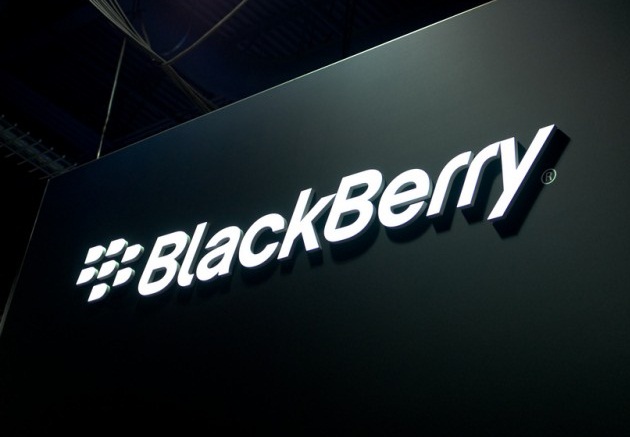BlackBerry Results Boosted By Surging Enterprise Software Sales

Who needs smartphones? Turnaround of Canadian firm continues as enterprise software sales hit a record
BlackBerry continues to benefit from its non-smartphone-based strategy, as it posted a modest profit thanks to strong enterprise software sales.
The transformation of the former smartphone maker is remarkable, considering at once stage there were questions over its very survival.
Over the past few years, the firm under the leadership of CEO John Chen, has benefited from its retreat from a smartphone only firm, and instead turned its attention to software, security and automotive systems for cars.
Modest Profits
The turnaround of the firm was evidenced by its latest second quarter results, which helped its shares rise more than 12 percent.
For the period ending 31 August, BlackBerry posted a net profit of $19 million (£14.2m) compared to a net loss of $372 million (£278m) in the same year-ago quarter. Revenue meanwhile came in at $238m (£178m), down from $334m (£250m) a year-earlier.
So how did BlackBerry manage to turn around from making a large loss last year, and instead make a modest profit, albeit with smaller sales?
Well enterprise software and services is the main revenue driver now for BlackBerry, after this division accounted for $91m (£68m). BlackBerry Tech Solutions posted $38m (£28m) in the quarter, and licensing and other IP brought in $56m (£42m).
BlackBerry only made $16m (£12m) from handheld devices in the quarter.
“I am pleased with our strong execution in Q2,” said Chen. “We achieved historical highs in total software and services revenue and gross margin, as well as the highest non-GAAP operating margin in over five years, reflecting our complete transformation to a software company.”
“More importantly, we made significant progress on our key growth initiatives. Our enterprise billings grew 19 percent year over year driven by our Unified Endpoint Management platform. We secured important design wins in our automotive business, and we expanded our sales channels for our Radar IOT solution. In our licensing businesses, we have a growing pipeline of opportunities with our BlackBerry Secure software and our IP portfolio.”
“Our position as a market leader in security continues to strengthen. For the second consecutive year, BlackBerry achieved the highest scores in all six use cases in the Gartner Critical Capabilities for High-Security Mobility Management report. We added four new FedRAMP customers and now have over 300,000 licensed users on our FedRAMP authorized cloud service as of the end of Q2, an increase of 162 percent over Q1.”
Smartphone Retreat
Blackberry of course nowadays maintains a very modest Android-based smartphone portfolio.
Its main attention lies elsewhere. For example earlier this month it teamed up with automotive technology company Delphi to create an operating system for autonomous driving platforms for use in driverless cars.
The thinking here is that through the use of BlackBerry’s QNX Unix-like embedded software, which is used as a middle-ware layer in the infotainment systems of many modern vehicles, and Delphi’s software algorithms and middle-ware, the latter company will create its Centralised Sensing Localisation and Planning (CSLP) system that car makers can use as a means to develop autonomous vehicles without creating software from scratch.
But BlackBerry also has a solid reputation in the security industry, and in July the Canadian firm’s ‘SecuSUITE for government’ platform became certified by the US government.
This means it can now sell the US government and federal agencies software that adds end-to-end encryption to voice calls and texts.
Quiz: In the driving seat about connected cars?